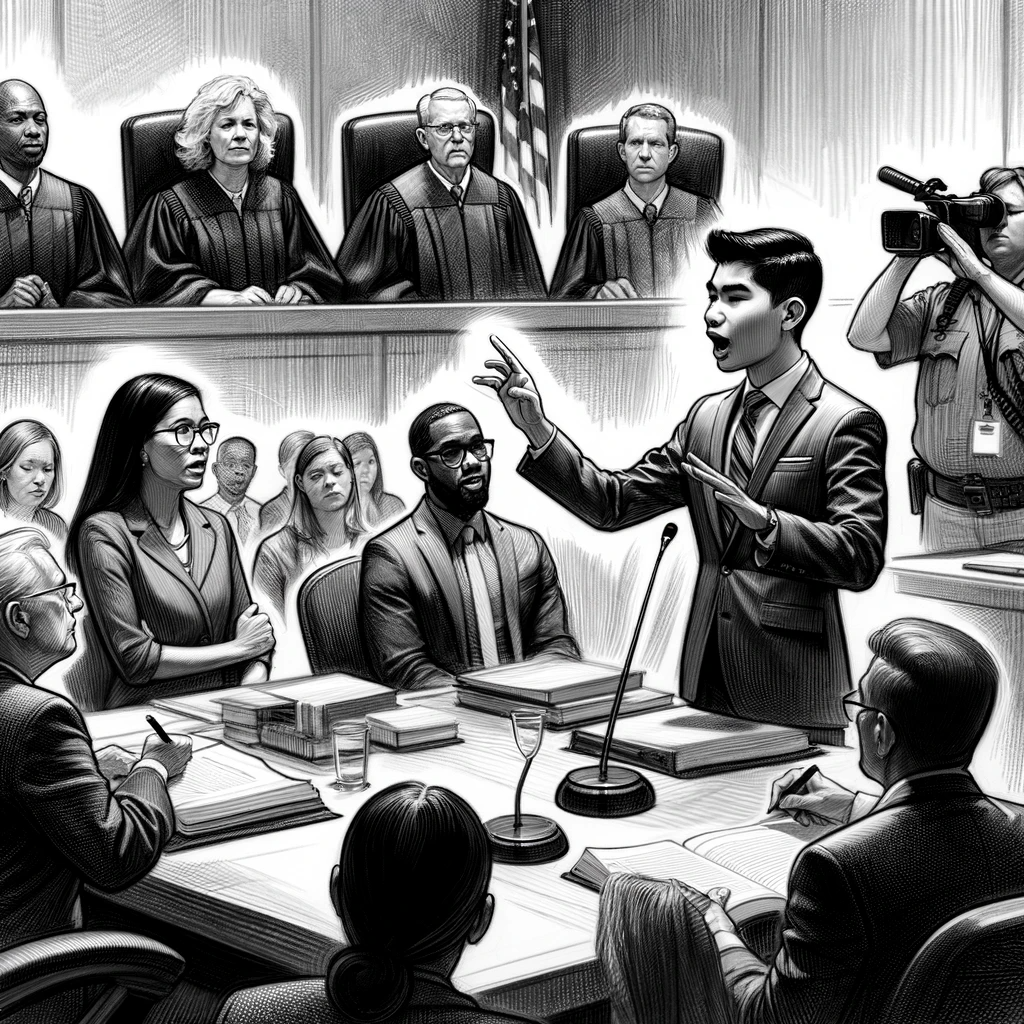Case Digest: Luna Perez v. Sturgis Public Schools et al.

The Supreme Court clarified that the Individuals with Disabilities Education Act (IDEA)'s exhaustion requirement does not preclude a lawsuit under the Americans with Disabilities Act (ADA) for compensatory damages, a remedy not provided under IDEA.
Introduction:
This case addresses the intersection of the IDEA and ADA, focusing on the extent to which exhaustion of IDEA's administrative procedures is necessary before pursuing ADA claims. The decision has significant implications for the rights of individuals with disabilities.
Facts of the Case:
Miguel Luna Perez, a deaf student, attended schools in the Sturgis Public School District, Michigan. The school allegedly provided unqualified sign language interpreters and misrepresented Perez's educational progress, leading to his inability to graduate. After filing an administrative complaint and reaching a settlement for forward-looking relief under IDEA, Perez sued under ADA for compensatory damages.
Issue of the Case:
The legal question was whether IDEA's exhaustion requirement barred Perez's ADA lawsuit seeking compensatory damages, a form of relief unavailable under IDEA.
Ruling of the Case:
The Supreme Court held that IDEA's exhaustion requirement does not apply to Perez's ADA lawsuit. The Court reasoned that since the relief Perez sought (compensatory damages) is not available under IDEA, the exhaustion requirement was not applicable.
Impact on the Legal System:
This ruling underscores the distinct remedies provided under IDEA and ADA. It affirms that plaintiffs can seek compensatory damages under ADA without exhausting IDEA's administrative procedures, enhancing the legal protections for individuals with disabilities.
Conclusion:
Luna Perez v. Sturgis Public Schools et al. establishes a crucial precedent, clarifying the relationship between IDEA and ADA in terms of exhaustion requirements and available remedies. This decision reinforces the rights of individuals with disabilities to seek appropriate remedies under federal law.

